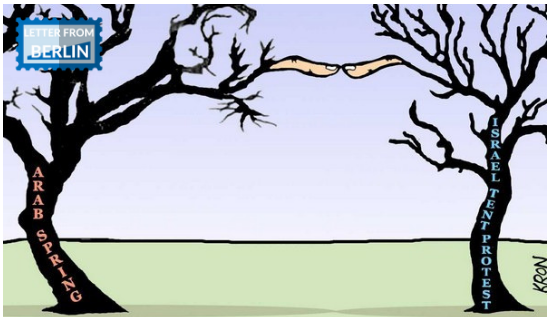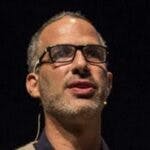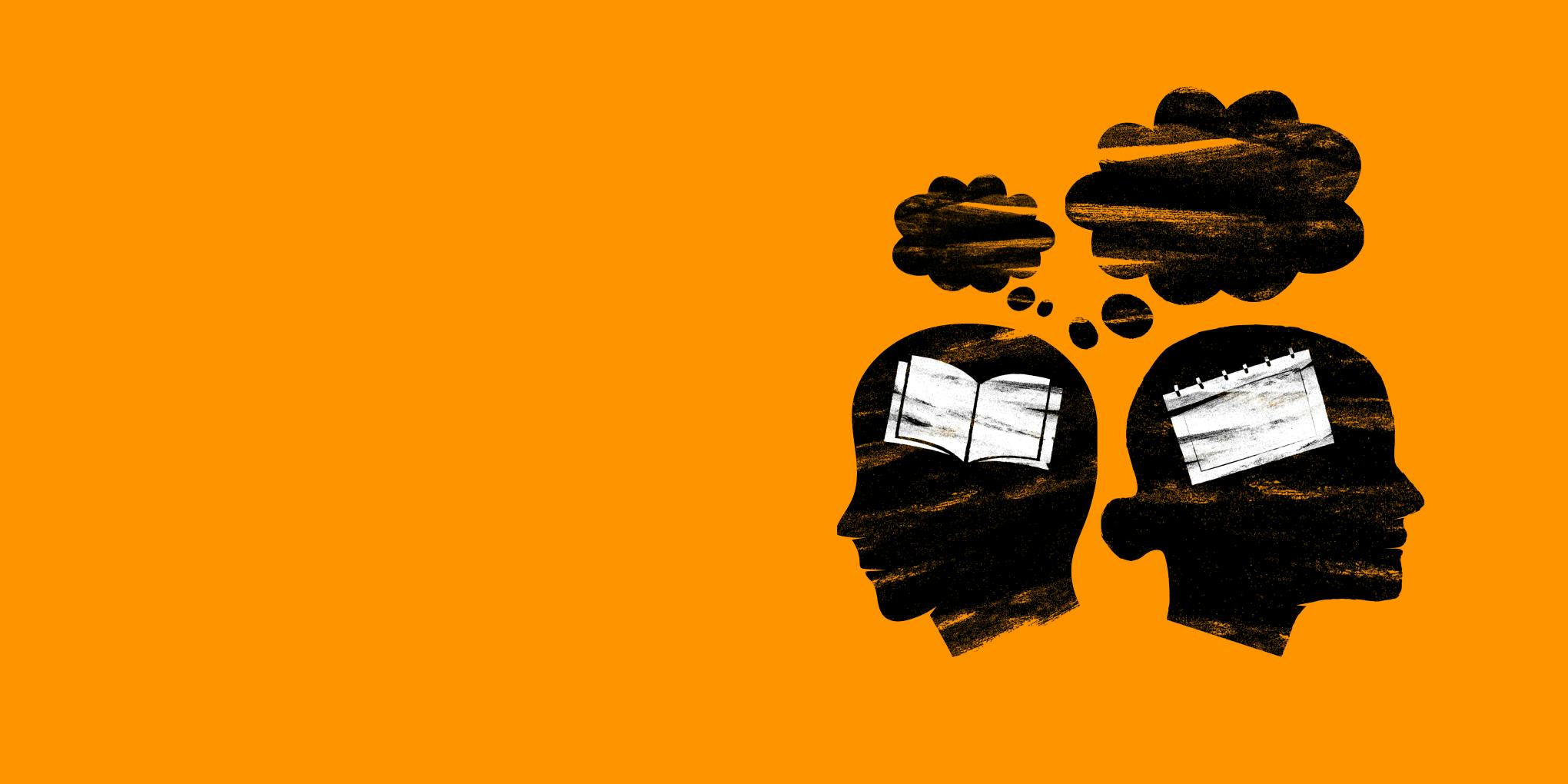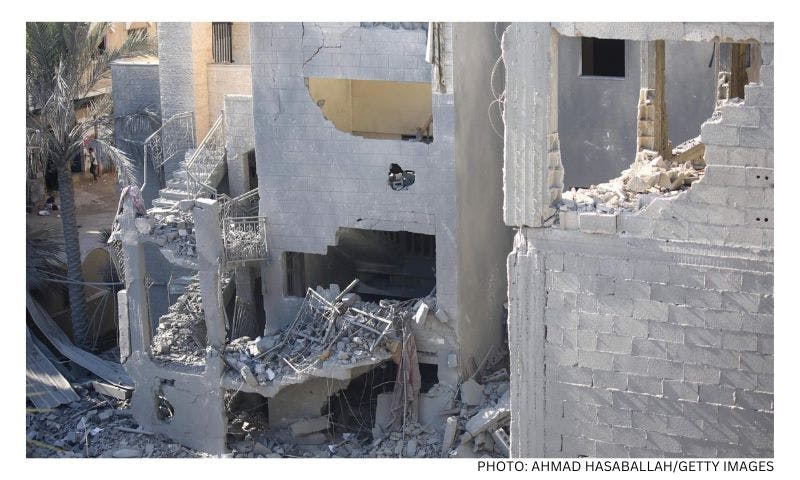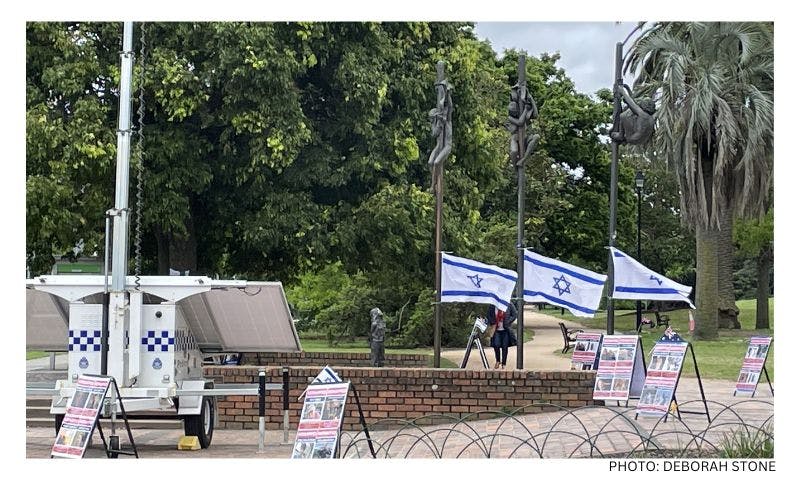Published: 5 April 2019
Last updated: 4 March 2024
By that time, Muhammed had not only translated our acts and poems from the Guerilla Culture movement, he had gotten us into the news rooms and literary journals of the Arab world. This was because of our anti-war anthology Lejat: anthology against the war with Gaza.
Muhammed is a tall man with big eyes and black hair. We smoked a hookah pipe and waited until the café was empty before switching to Hebrew. It was beautiful to speak Hebrew with an Egyptian translator in the middle of Cairo like a real Arab Jew.
Ten years later, in 2019, I meet Muhammed again, this time in Berlin’s Kreuzberg, in a Turkish café which has a special place for kids to play. We are fathers now, both of us have lost some hair and some attitude from the last time we met. We watch my daughter in the playground (soon his family will join us), and we talk about all the things that have changed in our lives.
Muhammed is devastated by the rise of El Sisi in Egypt’s military coup. He tells me about his friend, the writer Abed, who believed the Tahrir Square revolution was a Western conspiracy and now backed the El Sisi regime.
In Cairo in 2009, Muhammed told me how Abed went to prison because of his social activism, for writing a blog that was critical of the regime. In that year came the first hint of the Arab Spring that would erupt two years later in 2011, and spread throughout the Arab world, and Israel.
Both the Tahrir Square revolution and the Israeli tent movement of 2011 wanted a redistribution of wealth from the rich to the poor. In Egypt, they first wanted a basic democratic system with real elections and freedom of speech. But on a social level the ideas were often parallel.
In Israel, the protest began with a need for affordable housing and in Egypt with a call to overthrow of Mubarak. The movement spread to Israel, fuelled by the growing gap between the rich and the poor. People occupied the streets of Tel Aviv.
Muhammed asks me why I left Israel and I tell him about the failure of the 2011 Israeli social protest movement. At the time he had translated our open letter from young Mizrahi Israelis to our Arab peers.
He was our bridge before social media came along. So how did he come to be in Berlin? Muhammed’s wife got a scholarship to study here, and he came with her. As we talk, his daughter starts to play with my daughter. But mine thinks Muhammed’s daughter is an intruder. She pushes the other girl and she starts crying. Muhammed takes his crying daughter to my daughter. When the three of them stand together, he asks his daughter to kiss the hand that pushed her. I am amazed and tell myself to do the same next time.
We order coffee and share a chocolate cake. Outside it becomes dark although it is the middle of the day. Muhammed asks me how I cope with the German winter and if I plan to stay in Berlin. I tell him that my wife and I have decided to stay here. He is a little sad to hear that I won’t be coming back to the Middle East.
Changing the conversation, I remind him how we went to eat the traditional Egyptian food Kushari while visiting Harat Al-yahud, the old Jewish quarter in Cairo. Most Egyptian Jews left for Israel and it has become a sad place, a void. Non-Jewish Egyptians live in the old Jewish houses.
I am leaving to change my daughter’s nappy. The parents’ room has it all: perfumed crèmes, talc, free nappies and more. I clean my daughter’s bottom while thinking about years that have passed: How I changed from being a poet activist deep within the Israeli society to being an outsider in Berlin. Now, I cannot vote in either country. I am a foreigner.
On returning to our table, I see that our daughters are playing together with a ball. I tell Muhammed that I will fly back to Israel to visit my ill Baghdadi grandmother, and ask if he wants me to bring him any Hebrew books. “Please bring me Etgar Keret’s books,” he replies.
We hug, say goodbye and check how we can meet again. I feel sick at heart: We come from the same place that had so many conflicts and corrupt governments. Once we were part of a movement called the Arab Spring, even though they seemed disconnected from each other. We had hope, we believed in change. Now we meet in Berlin with no secrets or controls on us because both movements are dead.
Illustration: John Kron
